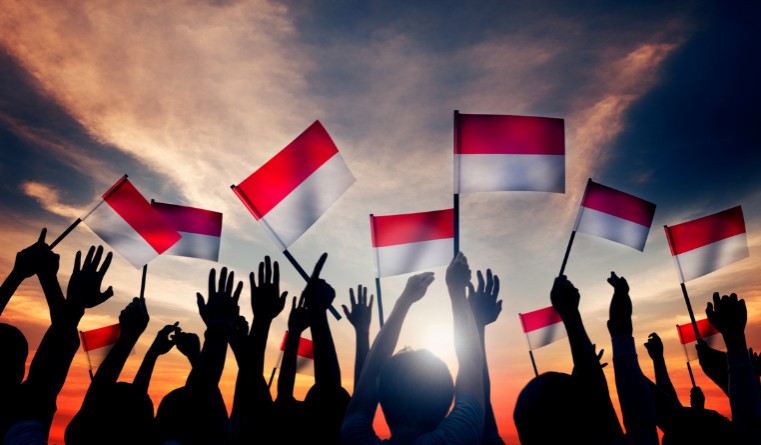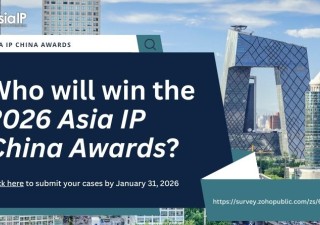Registering your trademark in Indonesia
15 July 2025

Registering your trademark in Indonesia
Registering a trademark in Indonesia is a critical step for any foreign business aiming to enter or expand in the Indonesian market. As Southeast Asia’s largest economy with over 270 million people, Indonesia offers significant commercial opportunities, but also presents challenges in brand protection due to its growing yet competitive market landscape.
Trademark protection in Indonesia is primarily regulated under Law No. 20 of 2016 on Marks and Geographical Indications, which has been amended by Law No. 11 of 2020 on Job Creation and Law No. 6 of 2023, with some supporting regulations, including Government Regulation No. 28 of 2019 (official fees), Government Regulation No. 22 of 2018 (Madrid Protocol implementation), Government Regulation No. 90 of 2019 (Trademark Appeal Commission), and Ministry Regulation No. 67 of 2016 (as amended by Regulation No. 12 of 2021) on trademark registration procedures.
Types of marks that can be registered in Indonesia
You can register the following types of marks in Indonesia:
-
Word marks,
-
Figurative marks,
-
Combination marks,
-
Three-dimensional marks,
-
Sound marks, and
-
Holograms.
Indonesia adheres to the first-to-file principle, so early registration is strongly encouraged. Prior use is not considered a strong, bona fide basis of protection in Indonesia.
Types of marks that cannot be registered
The following cannot be registered:
-
If the mark is contrary to public order or morality;
-
If the mark misleads consumers about the nature, quality, or origin of goods/services;
-
Generic or descriptive terms without distinctiveness;
-
Identical or similar marks already registered for similar goods or services;
-
National flags, emblems, or state symbols; or
-
3D marks which are purely functional.
Requirements to register a trademark
Foreign businesses must appoint a local registered intellectual property or trademark consultant to file on their behalf. Documents needed include:
-
Signed power of attorney,
-
Signed statement of mark ownership,
-
Specimen of the mark to be filed,
-
Details of the goods or services and relevant class(es), and
-
The applicant’s data (name and address).
If claiming priority from a foreign application, the priority document must also be submitted.
Trademark registration procedure in Indonesia
Please note that it may take approximately 10-14 months from filing to the issuance of the trademark certificate. The stages are as follows:
-
Filing
-
Formality Examination (15 days)
-
Publication (two months)
-
Examination
-
Issuance of registration number
-
Issuance of the trademark certificate (digital certificate only)
Post-registration: What to do and remember
Once your trademark has been registered:
-
Use your mark within five years to avoid any non-use cancellation action filed by any thrid party;
-
Monitor and enforce your rights through warning letters or legal action;
-
Renew your mark as required, every 10 years. Renewals can be filed six months before the expiration date (or during a six-month grace period with a penalty); and
-
Record any change of ownership or license agreements with the Directorate General of Intellectual Property (DGIP).








